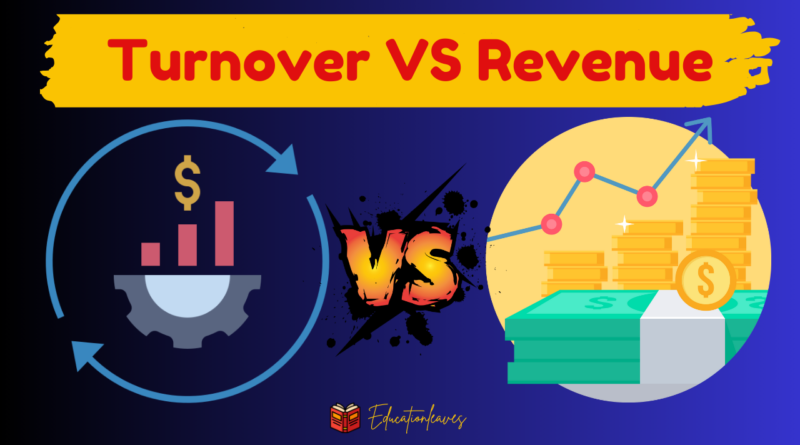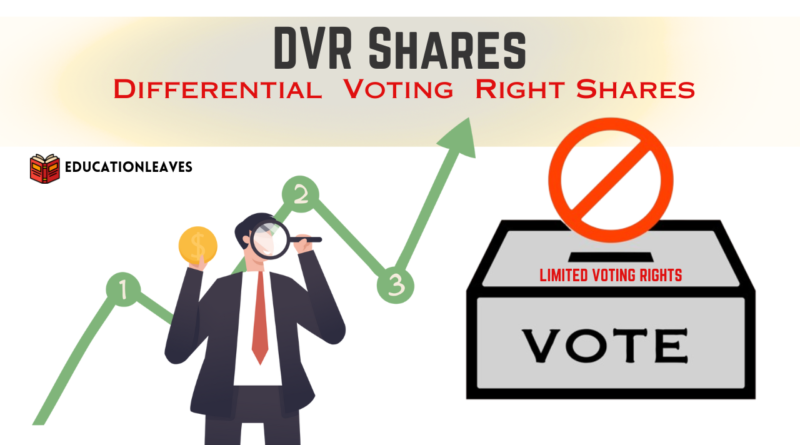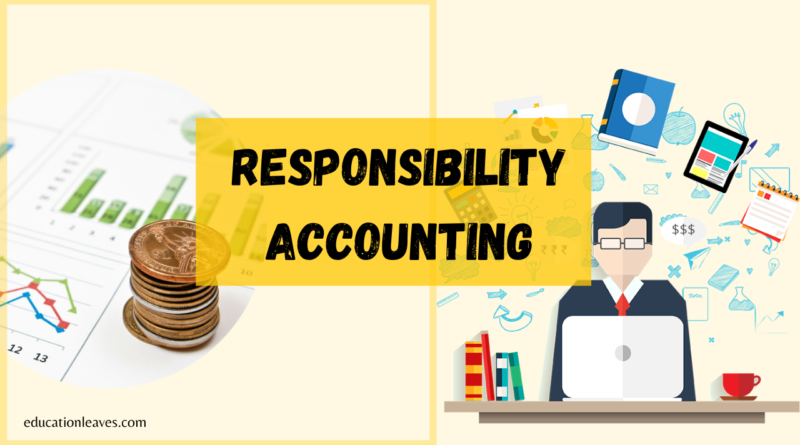Turnover vs. Revenue- Types, Example, Calculation, and Detailed Comparison Table [PDF Inside]
Business turnover, also known as sales revenue, is the total income a company generates from selling its products or services. It’s a key metric used to assess a company’s financial health and performance.
Read More









